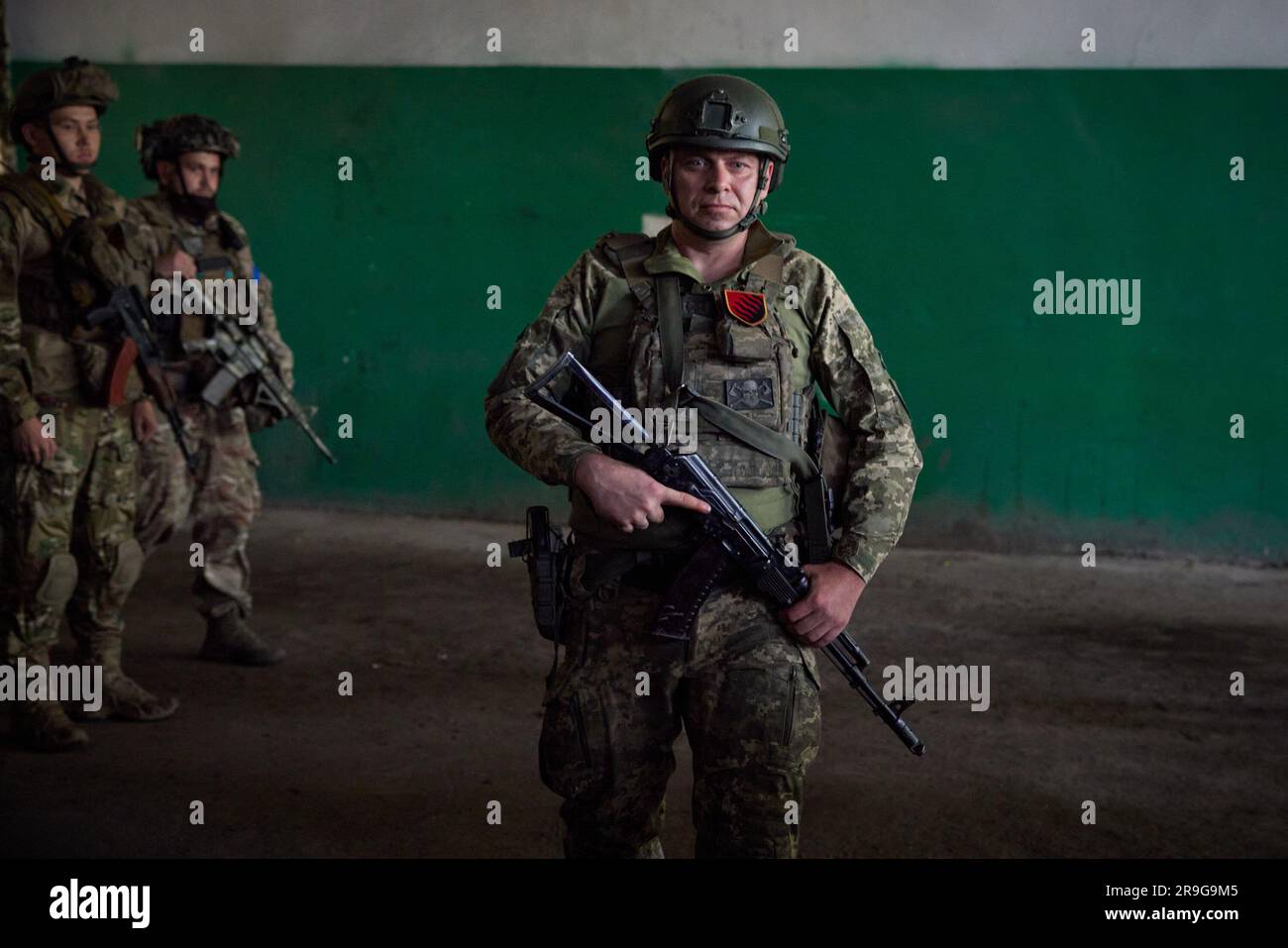The Rise and Fall of Wagner's Rebellion: A Comprehensive Overview
Part One: Prologue to Rebellion
In late January 2023, amidst the turmoil of the Ukrainian conflict, Geni Prosen, chief of Wagner's Army, approached Ukrainian intelligence officials with a bold proposition. Despite the heavy toll his forces were enduring in the fight for Bakat in eastern Ukraine, Prosen offered critical information on Russian troop positions in exchange for support. However, his offers were repeatedly rejected, leading to escalating tensions within his own ranks.
- Prosen's Offer: Desperate to gain an advantage, Prosen offered Ukrainian intelligence valuable information on Russian troop movements.
- Deteriorating Conditions: Wagner's Army, comprised largely of recruited criminals, faced dire circumstances with limited resources and high casualties.
- Isolation and Opposition: Prosen's outsider status and success highlighted the inadequacies of Russian military leadership, leading to internal strife.
Part Two: The Rebellion Unfolds
Following the capture of Bakat, Prosen initiated his rebellion, aiming to seize control and oust Putin's loyalists. However, his plans were foiled by the Federal Security Service (FSB), leading to a rapid escalation of events.
- Failed Coup Attempt: Prosen's attempt to capture key Russian generals was thwarted by the FSB, preventing him from gaining a crucial bargaining chip.
- Escalating Tensions: Despite setbacks, Prosen's forces continued to advance, seizing strategic locations with little resistance.
- Desperate Measures: Prosen's pursuit of nuclear weapons underscored the high stakes of the rebellion, prompting a dramatic response from Russian forces.
Part Three: The Fallout and Aftermath
In the aftermath of the rebellion, Russia grappled with the emergence of extreme right-wing factions and the erosion of Putin's authority. Prosen's actions irreversibly altered the political landscape, challenging the Kremlin's narrative and prompting a reassessment of security measures.
- Rise of Extremism: Prosen's rebellion exposed deep-seated grievances within Russian society, leading to the rise of extremist factions hostile to both the West and Putin's regime.
- Propaganda Fallout: Prosen's defiance shattered Putin's propaganda narrative, highlighting the true cost of the conflict in Ukraine and undermining public trust in the government.
- Legacy of Rebellion: Despite Prosen's eventual defeat and exile, his rebellion left a lasting impact on Russian politics, paving the way for future challenges to Putin's authority.
In conclusion, Wagner's Rebellion represents a pivotal moment in Russian history, marking the emergence of dissent within Putin's regime and the growing influence of extremist ideologies. The fallout from Prosen's actions continues to reverberate, underscoring the fragility of authoritarian rule in the face of internal dissent.





.png)




0 Comments